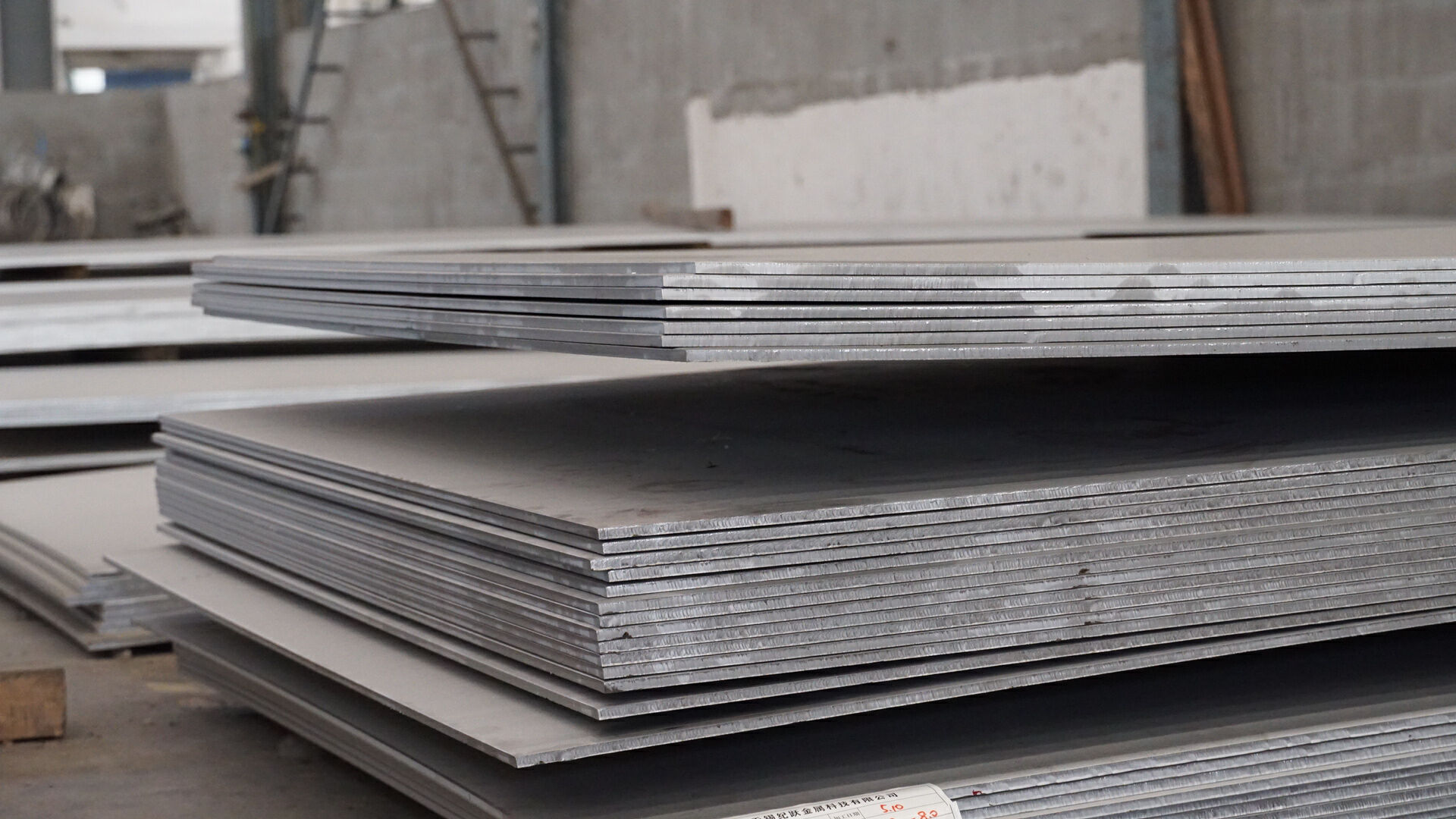steel rebars
Steel rebars, also known as reinforcement bars, are essential components in modern construction, serving as the backbone of reinforced concrete structures. These cylindrical bars, featuring distinct surface patterns of ribs or deformations, are engineered to provide optimal bonding with concrete. The primary function of steel rebars is to enhance the tensile strength of concrete structures, compensating for concrete's inherent weakness in tension while maintaining its excellent compression properties. Available in various grades and sizes, steel rebars are manufactured through a carefully controlled process that ensures consistent quality and mechanical properties. These bars are designed to meet specific engineering requirements, with different diameter options ranging from 6mm to 50mm, making them suitable for diverse construction applications. The surface deformations on rebars are not merely aesthetic features but serve a crucial technical purpose by preventing slippage between the rebar and surrounding concrete, thereby ensuring structural integrity. Modern steel rebars also incorporate advanced metallurgical properties that provide enhanced corrosion resistance, ductility, and weldability, making them ideal for challenging construction environments and complex architectural designs.
 ×
×


